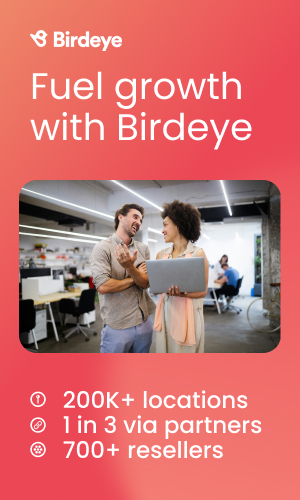Any links intended to manipulate
PageRank or a site's ranking in Google search results may be considered part of a link scheme and a violation of Google’s
Webmaster Guidelines. This includes any behavior that manipulates links to your site or outgoing links from your site.
The following are examples of link schemes which can negatively impact a site's ranking in search results:
- Buying or selling links that pass PageRank. This includes exchanging money for links, or posts that contain links; exchanging goods or services for links; or sending someone a “free” product in exchange for them writing about it and including a link
- Excessive link exchanges ("Link to me and I'll link to you") or partner pages exclusively for the sake of cross-linking
- Large-scale article marketing or guest posting campaigns with keyword-rich anchor text links
- Using automated programs or services to create links to your site
- Requiring a link as part of a Terms of Service, contract, or similar arrangement without allowing a third-party content owner the choice of qualifying the outbound link, should they wish.
Additionally, creating links that weren’t editorially placed or vouched for by the site’s owner on a page, otherwise known as unnatural links, can be considered a violation of our guidelines. Here are a few common examples of unnatural links that may violate our guidelines:
Note that PPC (pay-per-click) advertising links that don’t pass PageRank to the buyer of the ad do not violate our guidelines. You can prevent PageRank from passing in several ways, such as:
- Indicating the link is sponsored adding a qualifying attribute to the <a> tag
- Redirecting the links to an intermediate page that is blocked from search engines with a robots.txt file
....
If you see a site that is participating in link schemes intended to manipulate PageRank,
let us know. We'll use your information to improve our algorithmic detection of such links.




